Bozzuto Dc Adu represents a key development in Washington, D.C.'s real estate landscape. This article explores how accessory dwelling units (ADUs) are integrated into Bozzuto's housing projects, offering innovative living solutions. Understanding these developments requires a closer look at their impact on housing affordability, urban planning, and community integration in a bustling metropolis like Washington, D.C.
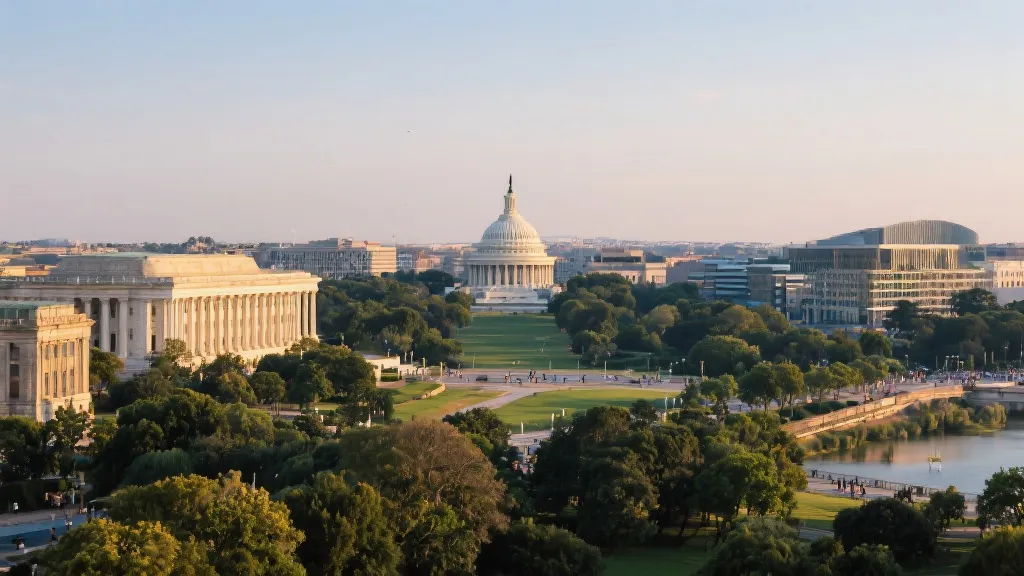
The Bozzuto Group, recognized for its commitment to quality and sustainable living, has been at the forefront of real estate developments in Washington, D.C. Their approach often includes integrating accessory dwelling units (ADUs), which are small, independent residences constructed on the same lot as a primary home. This article delves into the specifics of Bozzuto's involvement with ADUs in the D.C. region, analyzing its implications on local housing strategies.
ADUs have emerged as a practical solution for increasing urban housing density without vastly altering the character of existing neighborhoods. With a city as densely populated as Washington, D.C., the strategic implementation of ADUs addresses concerns of affordability while also providing flexible, supplemental income opportunities for homeowners. Experts argue that this not only enhances the housing supply but also diversifies the types of homes available in the market.
Moreover, ADUs contribute to the creation of multi-generational living spaces, wherein extended families can coexist while maintaining their independence. This living arrangement has gained popularity due to its ability to foster a strong sense of community and support amongst family members. In a busy urban environment, ADUs can serve as the perfect solution to provide privacy while also allowing families to remain close together.
Bozzuto's ADU initiatives within the D.C. area highlight an innovative convergence of privacy, community, and modern design. These units often comprise small apartments or standalone cottages, carefully designed to blend seamlessly with their surroundings. For instance, in neighborhoods known for historical architecture, Bozzuto takes considerable effort to ensure new constructions complement existing styles, thereby enhancing the neighborhood's aesthetic appeal.
A recent development project showcased by Bozzuto integrates cutting-edge design with functionality, offering residents an experience that marries comfort with contemporary living. Each ADU is constructed with high-quality materials and energy-efficient technologies aimed at minimizing environmental impact. This aligns with Bozzuto’s broader commitment to environmental stewardship, further solidifying its reputation as a leader in sustainable real estate development.
Local policy frameworks play a crucial role in shaping the trajectory of ADU projects. In Washington, D.C., zoning laws have been adapted to favor the inclusion of such units, considering their potential to meet housing needs. These regulatory measures align with broader urban development goals aimed at fostering inclusive communities and combatting housing shortages. Bozzuto's projects comply with these regulations while emphasizing sustainable and environmentally friendly building practices.
Furthermore, advocacy for ADUs has garnered attention from urban planners and housing advocates, who view them as a key element in addressing the housing crisis. Policymakers have recognized the importance of reducing regulatory barriers that previously discouraged homeowners from pursuing ADU construction. In response to this evolving landscape, Bozzuto actively engages with local government bodies to help shape policies that support the development of ADUs, ensuring they remain a viable housing solution in urban environments.
Despite the benefits, constructing ADUs in urban settings like D.C. is not without challenges. Space limitations, neighborhood opposition, and construction costs are some hurdles developers face. However, Bozzuto's dedication to innovative solutions—such as modular construction techniques—shows promise in overcoming these obstacles. This method not only speeds up the building process but also enhances cost efficiency, which can positively impact overall pricing for potential renters.
Moreover, Bozzuto has fostered community outreach initiatives aimed at educating homeowners about the benefits of ADUs, thereby alleviating neighborhood concerns surrounding privacy and property value depreciation. By being proactive and transparent in this regard, Bozzuto has forged partnerships with community organizations, creating a dialogue that has fostered a broader acceptance of ADUs in neighborhoods. This collaborative approach not only empowers residents but also establishes a positive framework for future developments.
Furthermore, ADUs represent a lucrative opportunity for property owners to enhance their property's value and functionality. For many homeowners, adding an ADU can create an additional revenue stream through rental income, helping to offset the costs associated with housing ownership. This financial incentive aligns with the increasing trend of homeowners looking for ways to maximize their real estate investments in an evolving market.
| Aspect | Bozzuto's Approach |
|---|---|
| Design | Integrates with neighborhood aesthetics using sustainable materials. |
| Regulation | Ensures compliance with local zoning and housing codes. |
| Community Impact | Supports urban density while preserving neighborhood character. |
| Innovation | Utilizes modular construction techniques to enhance efficiency and reduce costs. |
| Education & Outreach | Engages local communities to demystify ADUs and promote their benefits. |
Industry experts suggest that as urban populations continue to grow, the demand for ADUs will likely increase. The potential for ADUs to provide affordable housing solutions is immense, particularly in expensive urban markets. As a leader in this field, Bozzuto plays a pivotal role in shaping these trends, using its projects as demonstrative models of viable, innovative housing solutions.
Additionally, in light of changing demographics, such as younger generations prioritizing flexibility in housing arrangements and older adults seeking to downsize while remaining in familiar neighborhoods, the potential for ADUs to fit these needs has never been more relevant. Experts forecast a rise in interest from various demographics, leading to an increased variety of offerings. Customization to meet the specific preferences of diverse buyers and renters will likely become a hallmark of Bozzuto's future developments.
Moreover, sustainable practices will continue to play a critical role in the development of ADUs. As climate awareness grows, potential buyers are increasingly seeking homes that incorporate renewable energy measures and sustainable building practices. Bozzuto is well-equipped to lead the charge in this domain, as its commitment to environmentally responsible construction aligns closely with the global shift toward sustainability in housing.
To fully appreciate the impact Bozzuto has had on the ADU landscape in Washington, D.C., it's essential to explore specific case studies that exemplify successful implementation. One notable project is the transformation of a standard residential neighborhood into a thriving community that includes a series of stylish ADUs. The project involved collaborative efforts with local architects who brought innovative designs to life, resulting in units that not only fit within the community's aesthetic but also enhanced the overall appeal of the area.
Each unit was tailored to meet the needs of its target demographic, featuring elements such as open floor plans and sustainable materials that resonate with the modern homeowner’s desires. Residents of the primary homes reported their appreciation for the new units, which were often occupied by young professionals and families contributing to the local business economy.
An additional case study worth mentioning encompasses a historic neighborhood where zoning regulations were traditionally stringent. Working alongside city planners, Bozzuto successfully navigated these challenges, demonstrating how ADUs could be integrated into such unique contexts without compromising the area’s historical charm. This project proved pivotal in changing perceptions about density and how thoughtfully designed units could serve as economic and community assets rather than liabilities.
The demand for these unique offerings has also led to increased interest from investors and real estate developers, encouraging further exploration of ADUs as a staple in urban planning discussions. More importantly, these case studies have solidified Bozzuto's role as an innovator in the ADU conversation, showcasing how sustainable urban living practices can be seamlessly integrated into existing frameworks.
What is an ADU?
An accessory dwelling unit is a secondary housing unit on a single-family residential lot, which can be either attached or detached from the primary home.
How does Bozzuto incorporate ADUs in D.C.?
Bozzuto strategically designs ADUs to meet local regulatory requirements while ensuring the new structures seamlessly blend with existing neighborhood aesthetics.
Why are ADUs beneficial?
They provide increased housing options, particularly in high-demand urban areas, and offer flexibility for both homeowners and renters. Moreover, they can facilitate multi-generational living arrangements, thereby promoting community cohesion.
What challenges exist with ADUs?
Barriers often include regulatory restrictions, space constraints, building costs, and neighborhood opposition. However, these can often be mitigated through community engagement and education.
How do ADUs impact property values?
Properly constructed ADUs can significantly increase a property's value by providing additional rental or living space, transforming a standard residence into a multi-use investment.
What future trends should we expect in ADU development?
As urban populations continue to rise, the demand for innovative housing solutions like ADUs will only increase. Expect to see more customization in designs, a focus on sustainability, and broader acceptance of these units as solutions to urban housing shortages.
Bozzuto's emphasis on ADU development in Washington, D.C. represents a forward-thinking response to housing needs. As urban dynamics shift, their projects underscore the balance between modernity and tradition, providing a model for sustainable urban living. Their proactive approach—blending innovative design, community engagement, and commitment to quality—positions them as a cornerstone in the ongoing dialogue about housing solutions in urban settings. As more cities begin to adopt similar strategies, Bozzuto's work may serve as a template for promoting sustainable, inclusive communities that respond to the needs of today's urban dwellers.
Understanding Sme Neobank Impact

Exploring Webbank and Its Competitors

Discover Westminster Plaza Orlando
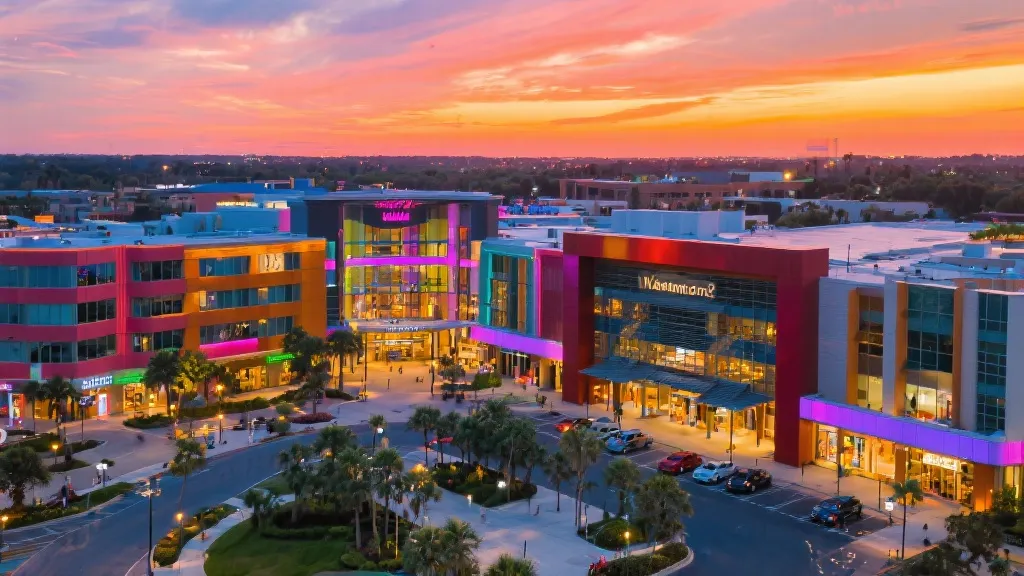
Discover Heartis Eagle Mountain Elegance
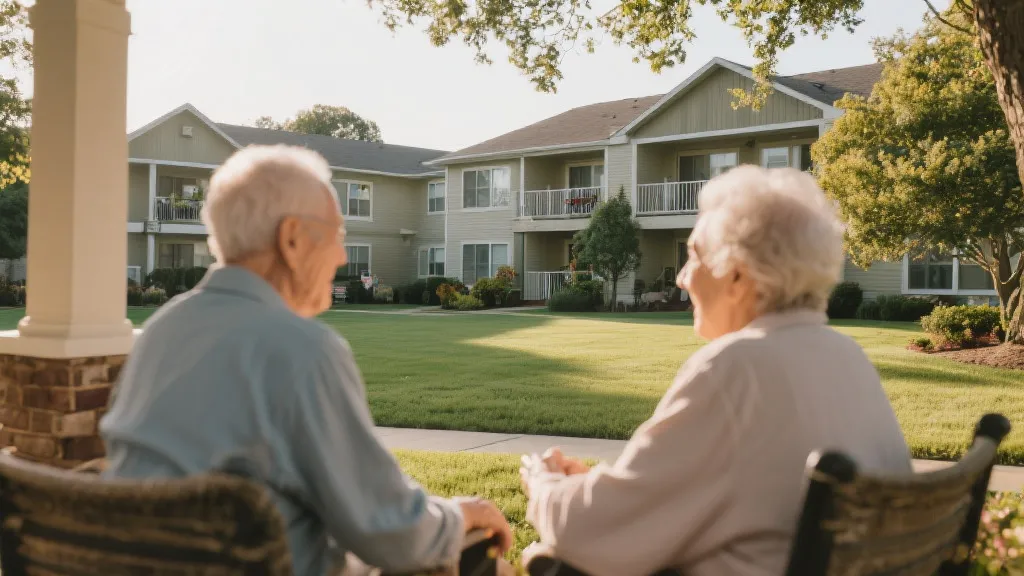
Westminster Plaza Orlando: A Comprehensive Guide
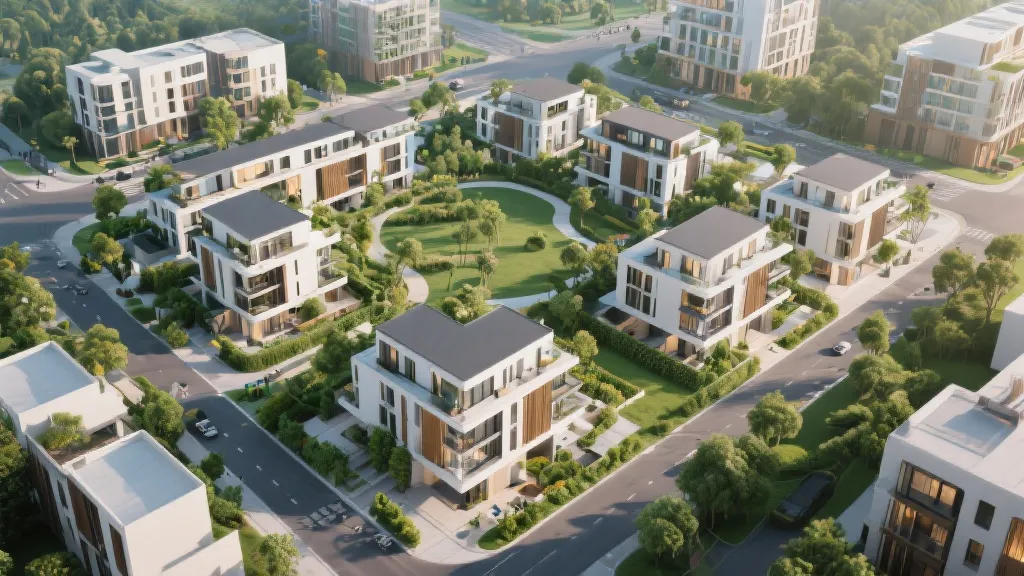
Transforming Banking with Sme Neobank
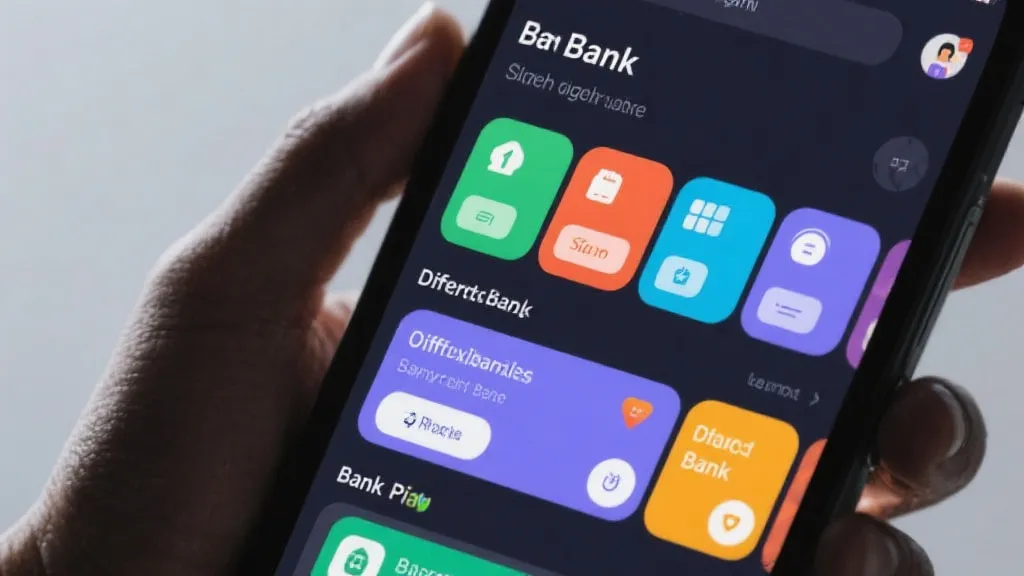
Discovering Westminster Plaza Orlando
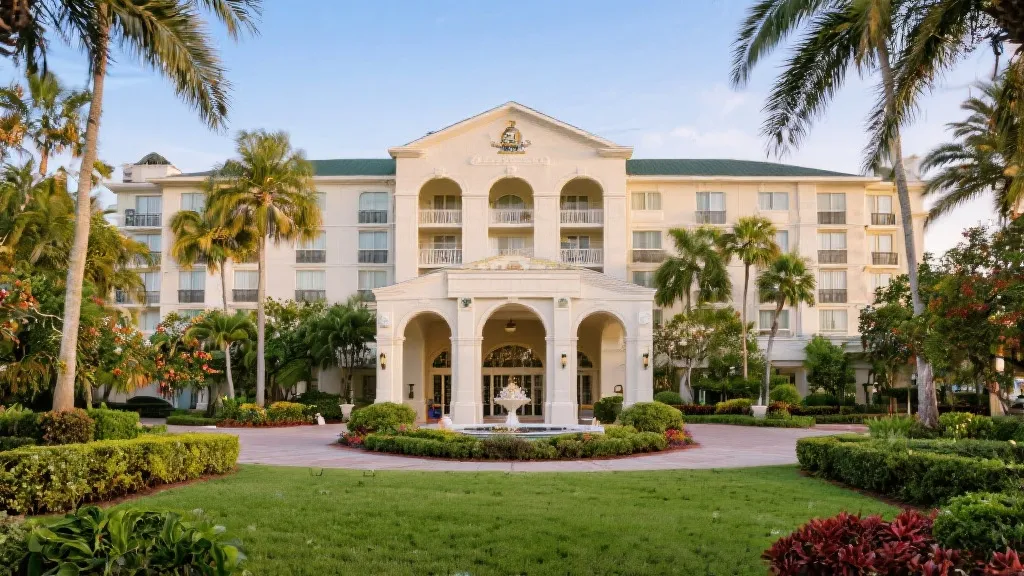
Discovering Westminster Plaza Orlando
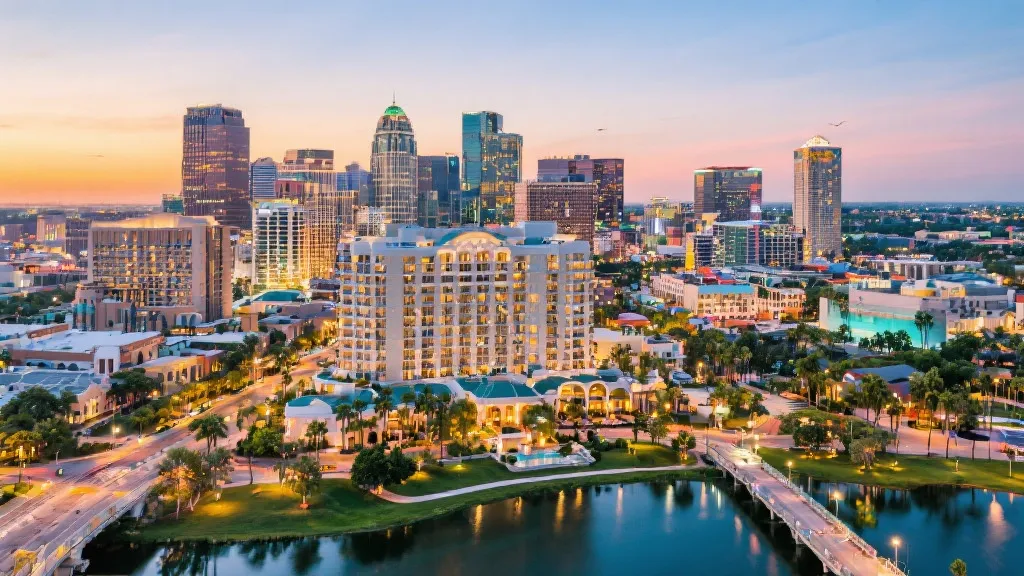
Life Insurance for Seniors: Maximizing Coverage and Benefits
